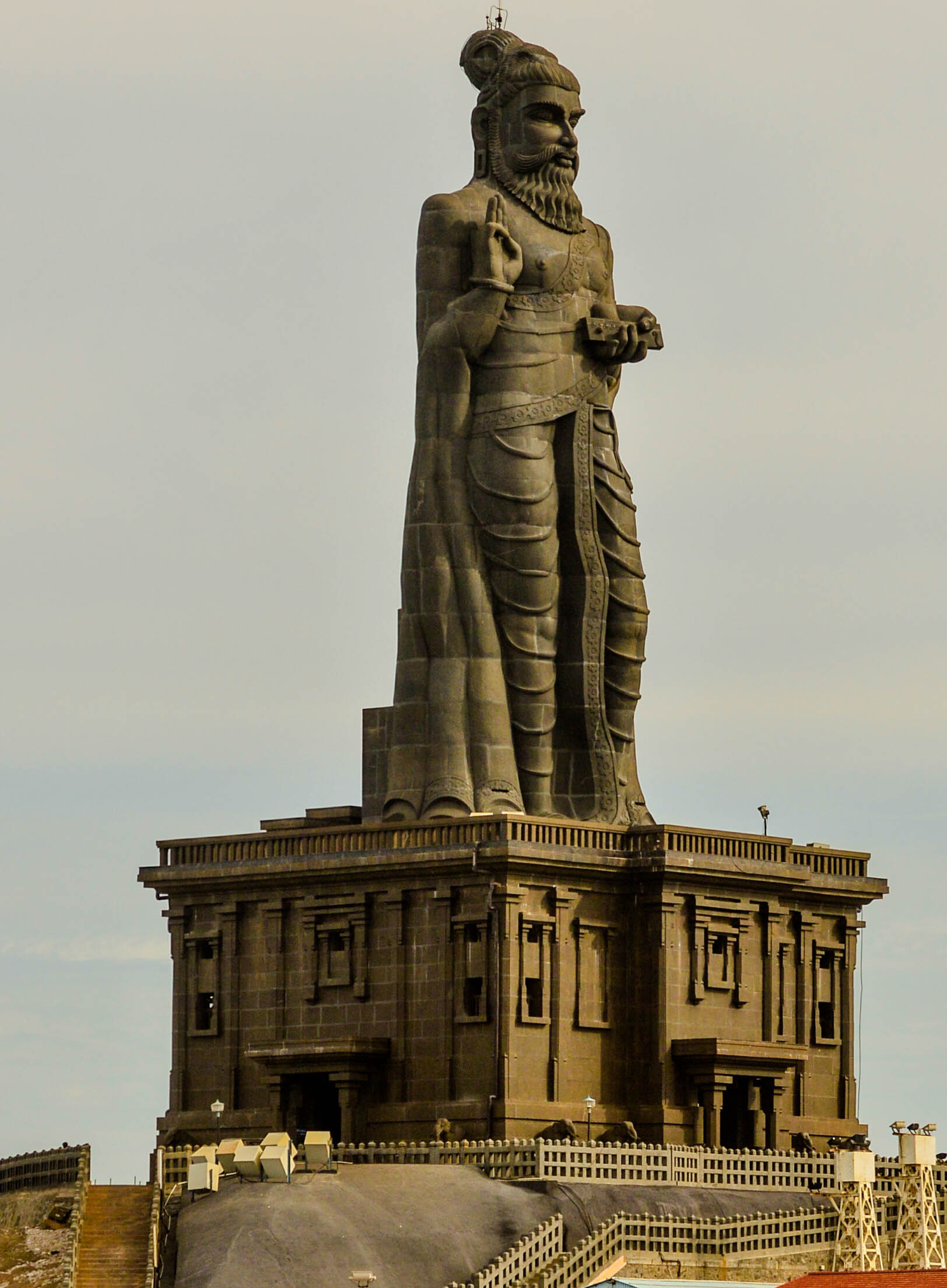|
Nacchar
Nacchar (), also known as Nakkar, was a Tamil poet, scholar, and commentator known for his commentary on the ''Thirukkural''. He was among the canon of ten medieval commentators of the Kural text most highly esteemed by modern scholars. However, his work has been lost along with other four ancient commentators, namely, Dhamatthar, Dharumar, Thirumalaiyar, and Mallar. Biography Nacchar is often incorrectly believed by some as Nachinarkiniyar, another medieval Tamil poet. However, several scholars deny this, citing that an ancient verse praising the poet Nachinarkiniyar does not mention that he has written commentary on the Tirukkural. Moreover, Nachinarkiniyar lived in the 14th century, about three centuries later than Nacchar. Scholars also opine that the similarity between the two names lead to this incorrect conclusion by some. See also * Ten Medieval Commentators * Bhashya * Commentaries in Tamil literary tradition Commentaries to literary works remain one of the most ... [...More Info...] [...Related Items...] OR: [Wikipedia] [Google] [Baidu] |
Ten Medieval Commentators
The Ten Medieval Commentators (Tamil: உரையாசிரியர்கள் பதின்மர்) were a canonical group of Tamil scholars whose commentaries on the ancient Indian didactic work of the Kural are esteemed by later scholars as worthy of critical analysis. These scholars lived in the Medieval era between the 10th and 13th centuries CE. Among these medieval commentaries, the commentaries of Manakkudavar, Kaalingar, and Parimelalhagar are considered pioneer by modern scholars. Commentaries The Kural remains the most reviewed work of the Tamil literature, with almost every scholar down the ages having written commentaries on it. Of the several hundred commentaries written on the didactic work over the centuries, the commentaries written by a group of ten medieval scholars are considered to have high literary value. The ten scholars are: * Manakkudavar (c. 10th century CE) * Dhamatthar (c. 11th century CE) * Nacchar (c. 11th century CE) * Paridhi (c. 11th ... [...More Info...] [...Related Items...] OR: [Wikipedia] [Google] [Baidu] |
Tirukkural Commentators
The ''Tirukkuṟaḷ'' (), or shortly the ''Kural'' (), is a classic Tamil language text on commoner's morality consisting of 1,330 short couplets, or Kural (poetic form), kurals, of seven words each. The text is divided into three books with aphoristic teachings on virtue (Aram (Kural book), ''aram''), wealth (Porul (Kural book), ''porul'') and love (Inbam (Kural book), ''inbam''), respectively. It is widely acknowledged for its universality and secularity, secular nature. Its authorship is traditionally attributed to Thiruvalluvar, Valluvar, also known in full as Thiruvalluvar. The text has been dated variously from 300 BCE to 5th century CE. The traditional accounts describe it as the last work of the third Sangam literature, Sangam, but linguistic analysis suggests a later date of 450 to 500 CE and that it was composed after the Sangam period. The Kural text is among the earliest systems of Indian epistemology and metaphysics. The work is traditionally praised with e ... [...More Info...] [...Related Items...] OR: [Wikipedia] [Google] [Baidu] |
